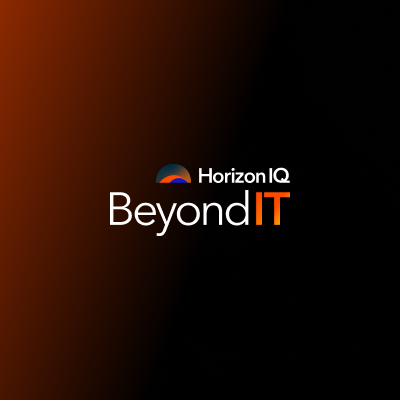
Learning in the Online Classroom.
Online education has become a staple of modern learning.
Originally conceived as a supplemental tool to traditional classrooms, online education has emerged as a serious alternative to the physical classroom environment.
Rising costs for tuition and attendance, as well as greater exposure of online devices, has pushed the market for education away from brick and mortar schools to personalized curriculums online. And as data from online education becomes more available, you can expect education to become even more personalized and customizable to the individual student’s needs and expectations.
INAP has identified three tech trends that will shape online education and eLearning in 2018.
1. Gamification in Online Education
One of the first trends, gamification, has already been in use by several online educators.
For example, Khan Academy – a free online resource providing tutoring in subjects such as mathematics to art history – has used gamification since its inception. In Khan Academy, users are given experience points and badges as they complete courses and assessments. The in-game achievements simulate the progress-oriented narrative of popular video games.
This game-like behavior has been shown to increase student engagement and improve overall outcomes because learning models that incorporate game-like experiences provide an immediate sense of purpose and achievement.
Expect more eLearning organizations to utilize or improve their gamification techniques in 2018.
2. Augmented Reality in Online Education
Augmented reality (AR) is another emerging technology that can be applied to online education. This technology changes aspects of a viewer’s surroundings without removing the physical reality.
The potential for AR use in education is enormous. For instance, students learning about ancient history can use augmented reality to enter a Roman house or see themselves draped in the armor of a Roman centurion. The enhanced visual experience can help students better conceptualize and digest their educational material. This can be especially important for remote students, who can feel disconnected from their learning environments.
AR’s ability to foster interaction with learning materials gives the remote classroom a solution to help solve the physical disconnect between remote students. In addition, it can make the overall learning experience more fun and engaging.
3. Personalized Lessons in Online Education
Both AR and gamification play into our final trend, which is an increased personalization of the learning experience. After cost and accessibility, perhaps the single greatest advantage that online education has over traditional methodologies is the potential for personalization and customization.
In a traditional classroom, the instructor’s attention needs to be divided among several different students with different learning abilities; whereas, online education allows for students to each receive a tailored experience.
Much of this is possible because of the data-rich environment in which online learning lives. With rich data available, instructors can find trends and patterns that best fit their students’ needs. This is only going to increase as data becomes more available. Lesson plans and curriculums can be customized to fit student needs in both pace and depth of content. When students receive lessons that cater to their strengths and needs, their education benefits.
The Right Underlying Infrastructure
Proper online education providers need significant and reliable infrastructures to operate. You wouldn’t learn anything from an eLearning service with resources that are always unavailable or slow.
To prepare for the demands of online students, eLearning platforms and applications require solutions that are high performing with reliable uptime and low latency.
As an IT infrastructure provider, INAP helps some of the most successful education technology organizations with their performance needs. INAP has a variety of different solutions catered to the unique requirements of eLearning companies. Whether it’s colocation, managed hosting or cloud solutions, INAP provides data center services that will match your project needs and budget.
Contact us today to learn about our flexible and scalable solutions to keep your education technology at the head of the class.



